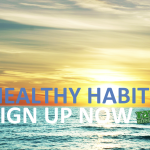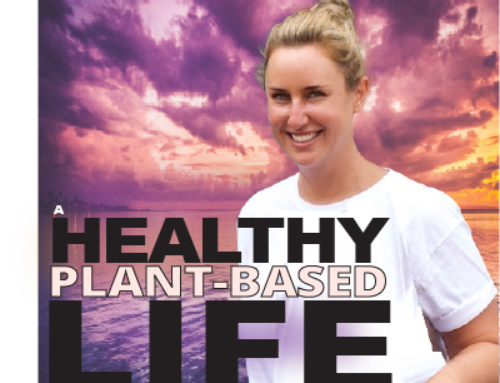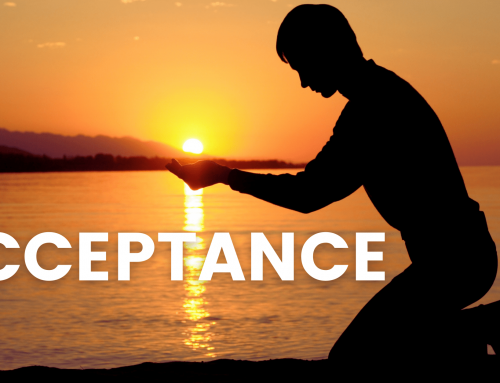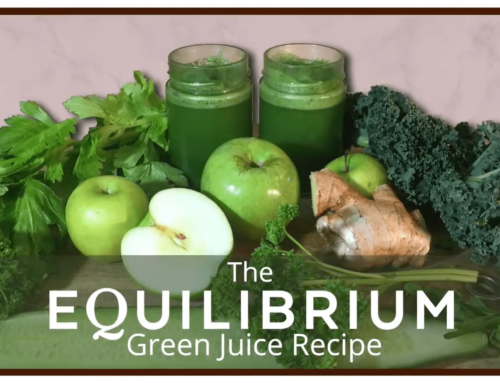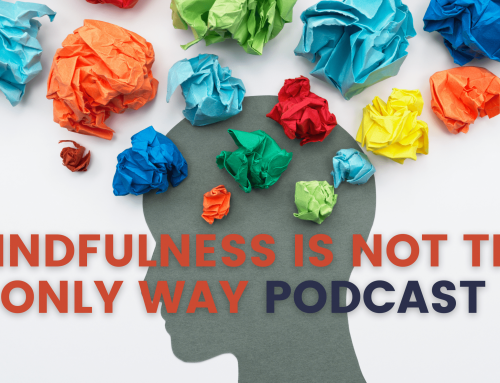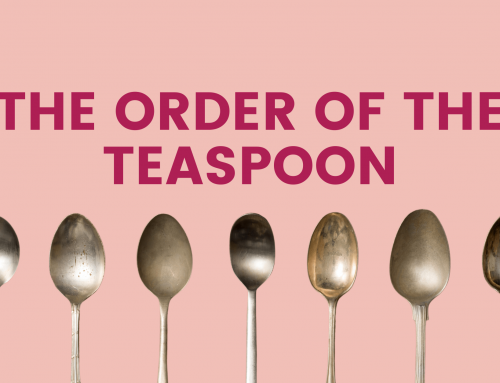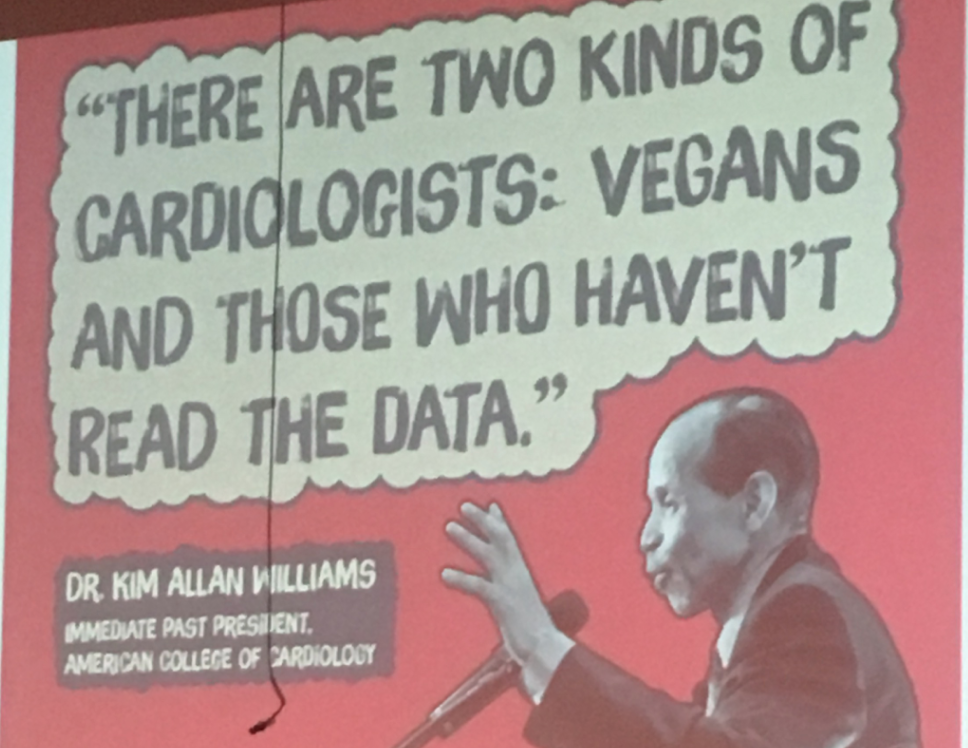
Spending the day at a conference on nutrition may not be everyone’s best idea of how to spend a Sunday. Particularly, on a hot Sydney summers day when we could have been on the beach! However, being a huge nutrition geek, keen to keep learning, validating and challenging my thinking, and gaining answers to some of the bigger questions to help you make smarter choices around food, it was an opportunity I couldn’t resist!
I’m really glad I went. I can go to the beach anytime, but meeting leading doctors like Dr Heleen Roex and Dr
Kim Allan Williams isn’t something I get to do every day.
What we eat, and drink is a very personal thing. We all have and individual relationship with food and opinions and beliefs about food and drink for all kinds of reasons. Food plays a central role in our lives. We need to eat and drink to live and have physical and mental energy, but food is also a tool for emotional energy. It’s there to support us when we’re down. It plays a role to fuel social energy, a party without food and drink isn’t much of a party! Research shows that taste is the number one reason why people chose certain foods, but health is now the second as more and more people are waking up to the critical role that food plays on how we look, feel, think and behave.
Even though food and wellness are so intrinsically linked, few of us will ask questions such as:
1. How healthy do I want to be?
2. How important is my health relative to other competing lifestyle choices?
3. Am I using nutrition to treat or reverse disease?
These were the questions that were asked and, to some extent, answered through the presentation of scientific research.
Here are 12 things that I took away:
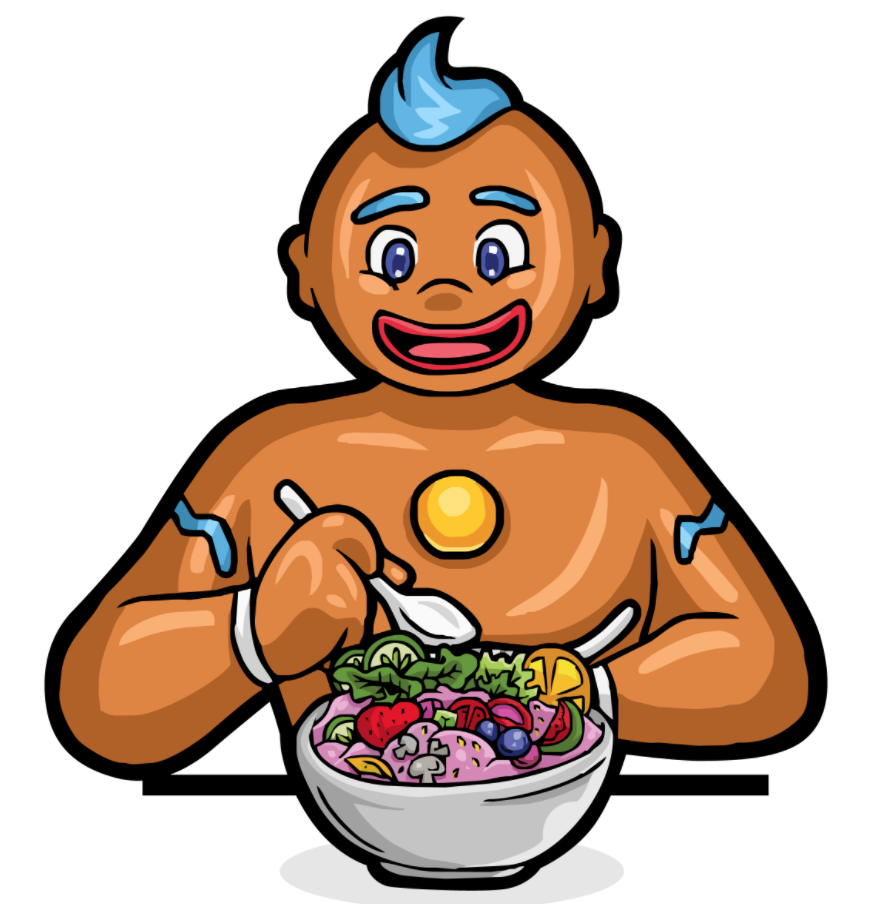 1. Whole foods plants are your friend.
1. Whole foods plants are your friend.
There’s overwhelming evidence to support a whole foods plant-based diet: vegetables, fruits, whole grains, and legumes. These are included in the healthiest diet to support heart health, healthy weight, and longevity. If you’re a meat eater, you’re still winning, but try to live a more flexitarian lifestyle and increase the amount of plant-based foods in your diet, which can be used to treat every disease under the sun.
Takeaway: add more whole food plants to your diet. #weloveplants
2. Being a vegan doesn’t mean that you are eating healthily.
Many people are motivated to stop eating animal products because of animal rights issues. However, it’s easy to live on processed foods, biscuits, cakes etc. which will not provide your body and brain with the nutrients it needs to thrive. This is also why you hear stories of people who become vegan, feel dreadful and must go back to eating meat.
Takeaway: replace animal protein with superior quality plant-based protein, not junk food. #avoidthejunk
3. Sugar is still the enemy.
The war on sugar continues, and the amount of processed sugar we consume in our modern world is a large contributor to the growing obesity and tooth decay trends we’re seen over the last decade. Not all sugars are equal, and the speakers argued that a whole-foods plant-based diet will help you avoid processed sugars, as nature doesn’t add sugars to its foods!
Takeaway: calculate how much sugar you’re eating every day using our sugar quiz
4. The importance of gut health is emerging as a prime contributor to health.
The gut microbiome is important for health and can be destroyed by poor diets and prescription drugs. Your mouth also has a microbiome, and the bacteria in your mouth will affect your whole body. Studies show a link between green tea and controlling oral bacteria.
Takeaway: what’s in your microbiome? Find out using a service such as Ubiome. #data-drivenhealth
5. Dairy doesn’t lead to strong teeth!
It was very interesting to hear a dentist say this and point to evidence that the countries with the highest rates of dairy consumption, also have the highest rates of osteoporosis. If you love dairy, ignore this or consider it a bit further.
Takeaway: dairy isn’t the only source of calcium.
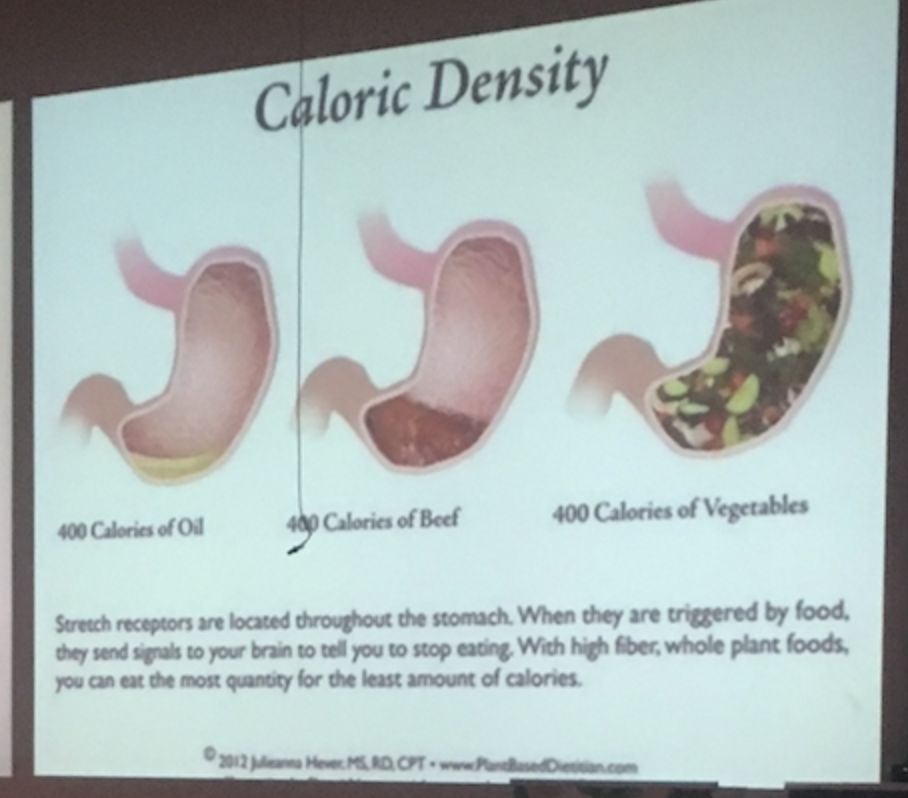 6. Avoid empty calories.
6. Avoid empty calories.
We are programmed to seek out calorie-dense food and cram our circuit with rich food. As humans, we’re programmed to push the boundaries, so our modern environment isn’t particularly helpful! Supermarket shelves and restaurant menus are all set up to create food and drink that tastes good by creating recipes that combine fats and sugars together with low nutrition, often referred to as ‘empty calories’. This explains why you eat the entire box of crisps or biscuits.
Takeaway: avoid temptations, as willpower isn’t sustainable over the long-term.
7. Go cold turkey if you want transformation.
Moderation is the worst of both worlds. By changing 100%, you’ll be able to establish new habits, and your taste buds will be able to adapt so that you don’t need super sweet foods to satisfy you anymore. High adherence gets better results.
Takeaway: The best way to change is to go cold turkey, with support.
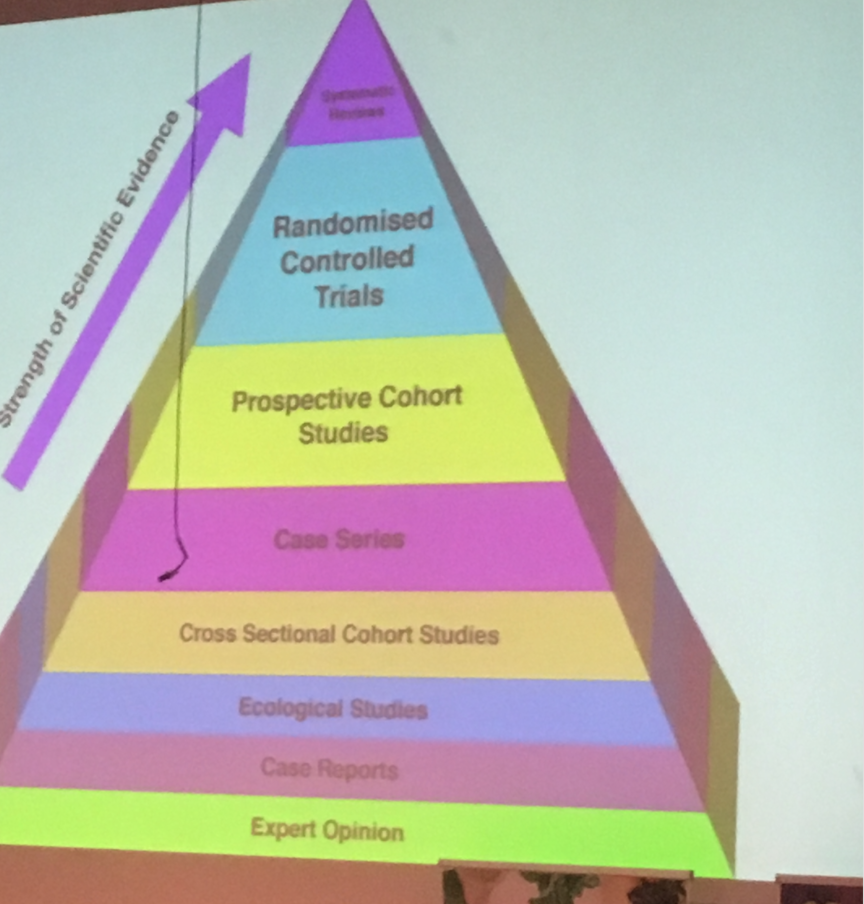 8. Use the Pyramid of Truth to remove confusion.
8. Use the Pyramid of Truth to remove confusion.
We all eat and we all have an opinion about food, which in turn, plays several roles in our lives: health, emotional support, and social interactions. But when it comes to understanding what to eat for health, there’s a lot of confusion. This is thanks to different opinions, media coverage, and very clever advertising.
Takeaway: In truth, it’s a bit of a minefield and the Pyramid of Truth is a simple model which places several types of evidence in a hierarchy so that you can easily see where it fits. The higher up the pyramid, the stronger the evidence and the stronger the trust. Cause and effect = proof.
9. Look at the source of studies.
Similarly, don’t believe everything you read. Whenever you see any research in the press, the first
step is to always look who has sponsored the study and question their motivations. For instance, the
dairy council supporting a study on the benefits of eating dairy shows that the Dairy Council have
commissioned or sponsored the study, and they unlikely to highlight any data to indicate that eating
dairy is in any way going to be harmful to health.
Takeaway: review the sources of studies before taking action. #don’tbelieveeverythingyouread
10. A good diet beats genetics.
Genetics is a key component of who we are and do play a factor in the diseases that we’re at risk of getting. However, we can manage and reduce the risk of getting these diseases through a well managed diet.
Takeaway: take a genetic test to establish an understanding of the areas where you may be at a higher risk. The price has really come down and there are a number of services now available such as 23 and Me . #data-drivenhealth
11. Connect with your tribe.
Social relationships are a major component of health and wellbeing. It’s all very well eating kale, but if you’re isolated and without community support, your health and well-being will suffer. Robyn (speaker 1) told the story of her father who was heart-broken. She also spoke of the importance of the language of the heart – we all need to find love in our lives, both inside and outside of ourselves.
Takeaway: we’re social beings and we all need connection and a sense of community for wellbeing. #socialenergyissoimportant
12. Feed your body, heart and spirit.
You can regain control over your health by making some simple changes to your lifestyle; diet being the biggest piece of that. However, food isn’t the only component as we are a whole people with whole lives that need to work together in harmony to get the results we need. So, it’s not just about feeding your body but feeding your mind, heart and spirit. Whole body and mind health is what we need to focus on. The philosophy that underpins Ayurvedic medicine and makes sense. In this model, pain is a symptom of something else.
Takeaway: upgrade your food, upgrade your life.
Summary:
• The healthiest diet according to science is a diet rich in whole food plants, i.e vegetables, fruits, whole grains and legumes, is most associated with health, wellness and longevity.
• Our healthcare system is really a ‘sick-care system’ focused on cure rather than prevention
• How far you want to go towards health depends on the answers to questions such as: How healthy do you want to be?
• Diet is a foundational element, we’re whole people and other factors that will contribute to our sense of wellbeing
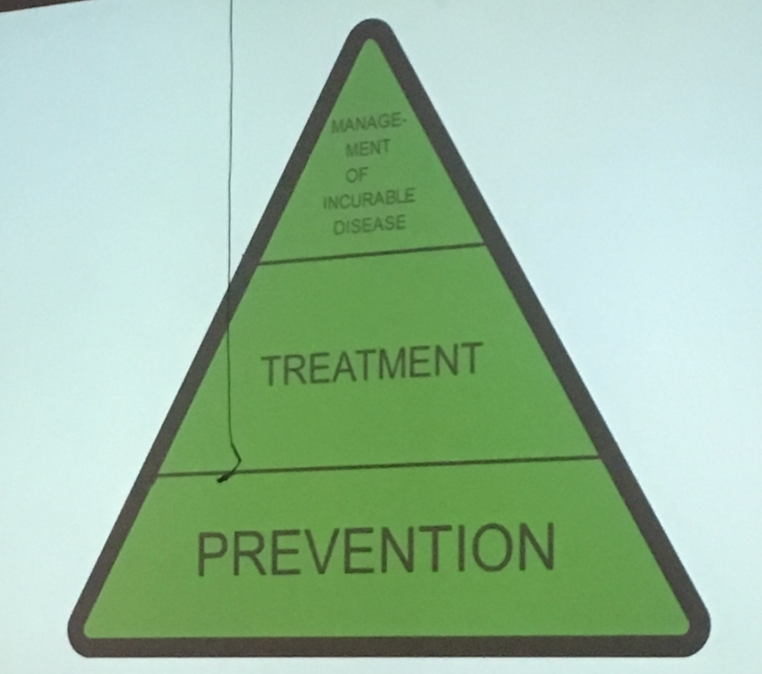 Our medical system is obsessed with treatment rather than prevention. It’s very hard to change the entire system so we must control what we can control, taking matters into our own hands through educating ourselves, or finding and working with people you trust who can guide you. We live, thankfully, in a free world, and everything is a choice, and doctors certainly owe it to us to make the choices easier.
Our medical system is obsessed with treatment rather than prevention. It’s very hard to change the entire system so we must control what we can control, taking matters into our own hands through educating ourselves, or finding and working with people you trust who can guide you. We live, thankfully, in a free world, and everything is a choice, and doctors certainly owe it to us to make the choices easier.


